overleaf template galleryLaTeX templates and examples — Recent
Discover LaTeX templates and examples to help with everything from writing a journal article to using a specific LaTeX package.
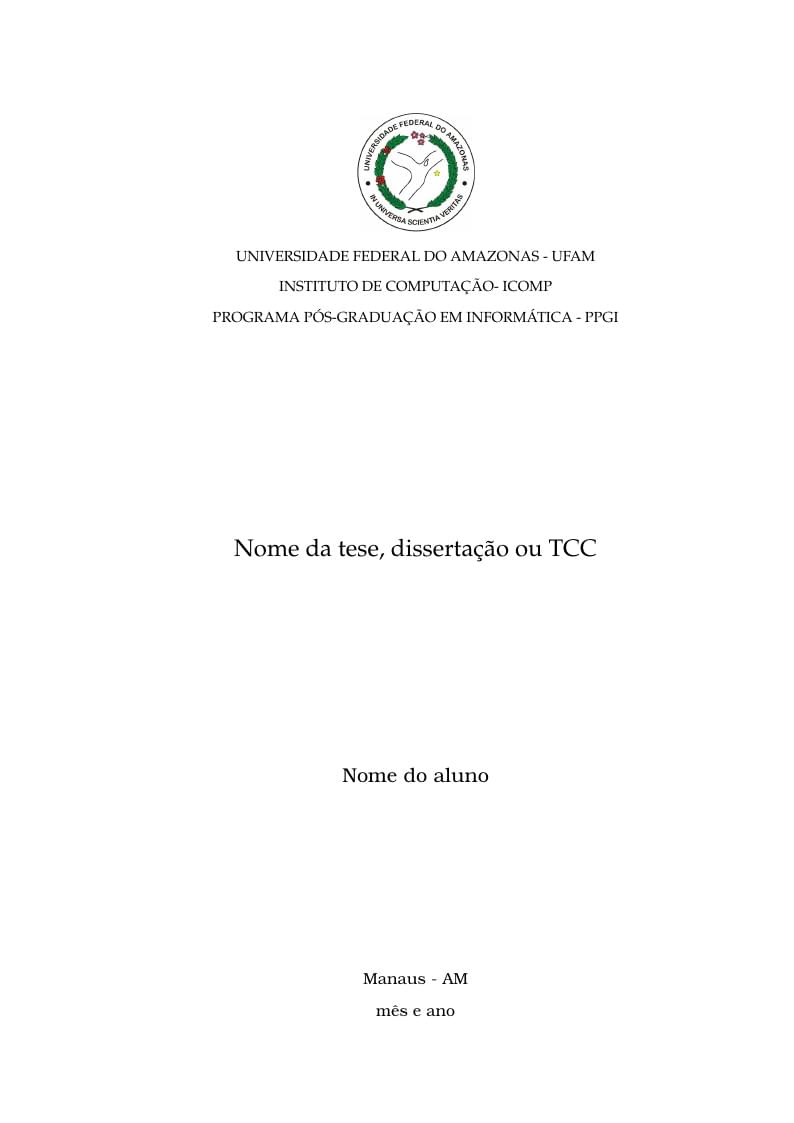
Template para TCC, Tese e Dissertação do Instituto de Computação da UFAM.
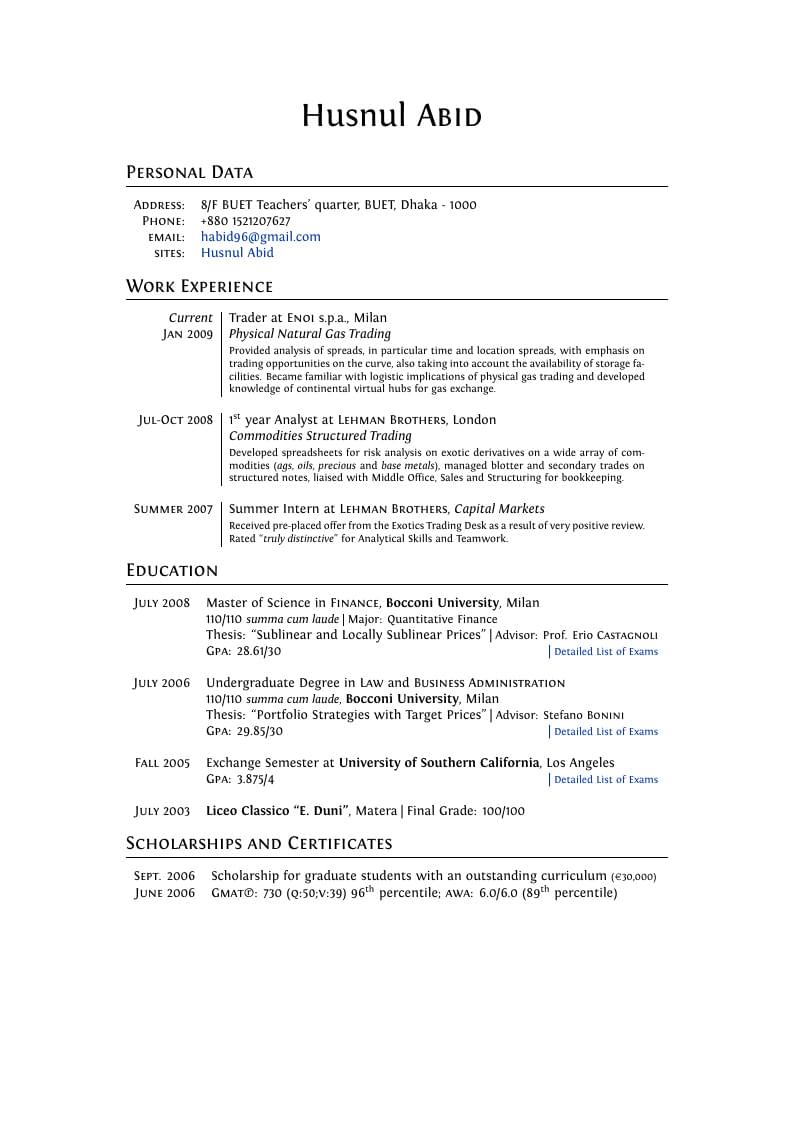
Husnul Abid's CV
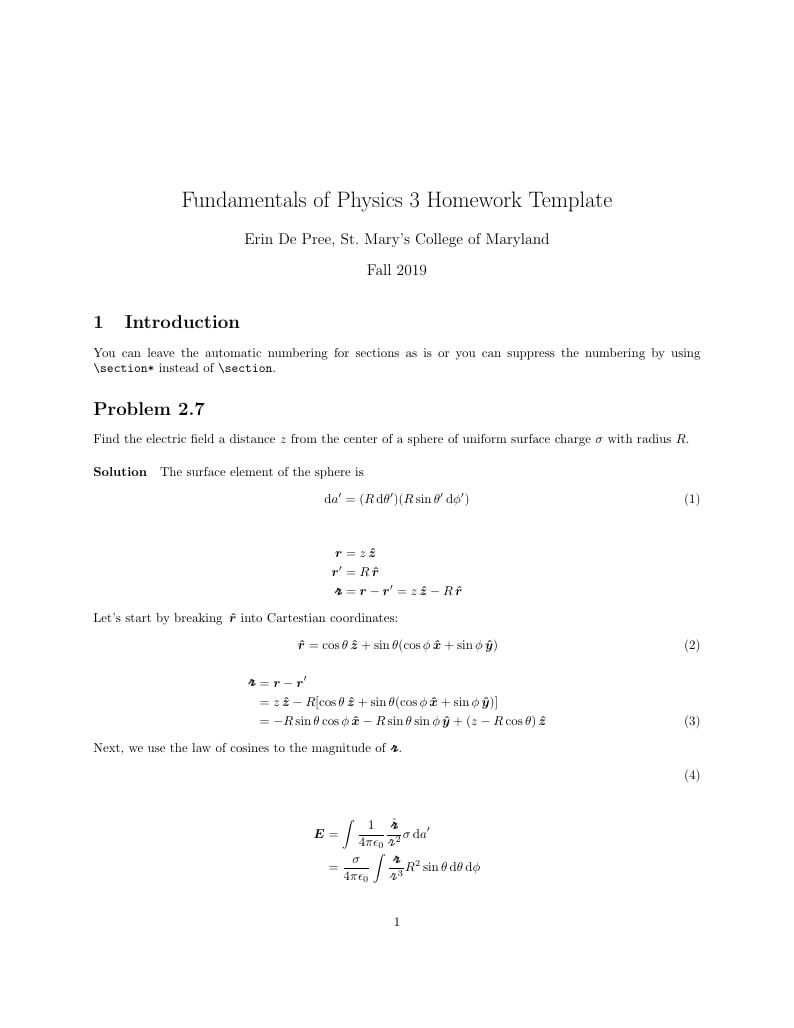
Homework template for SMCM PHYS 251 Fundamentals of Physics 3 (Fun 3). Includes the Griffiths "script-r" used in many electricity and magnetism courses.
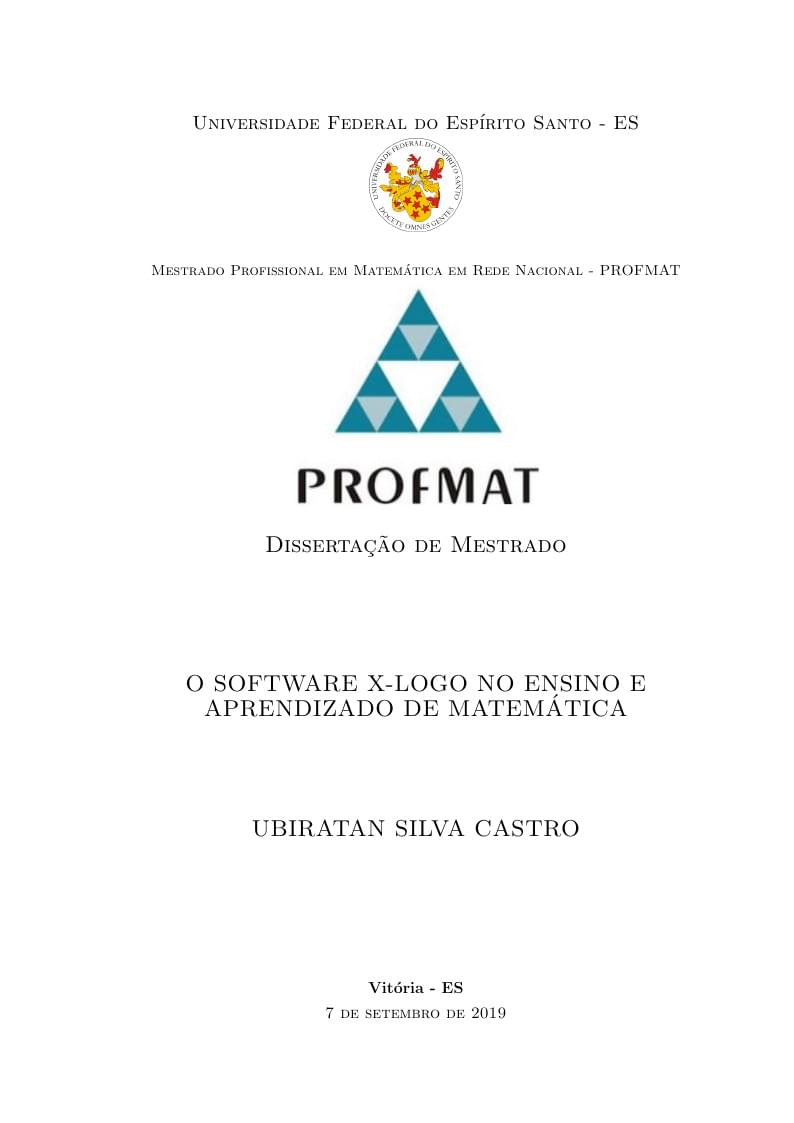
Dissertação de Mestrado - Profmat Universidade Federal do Espírito Santo
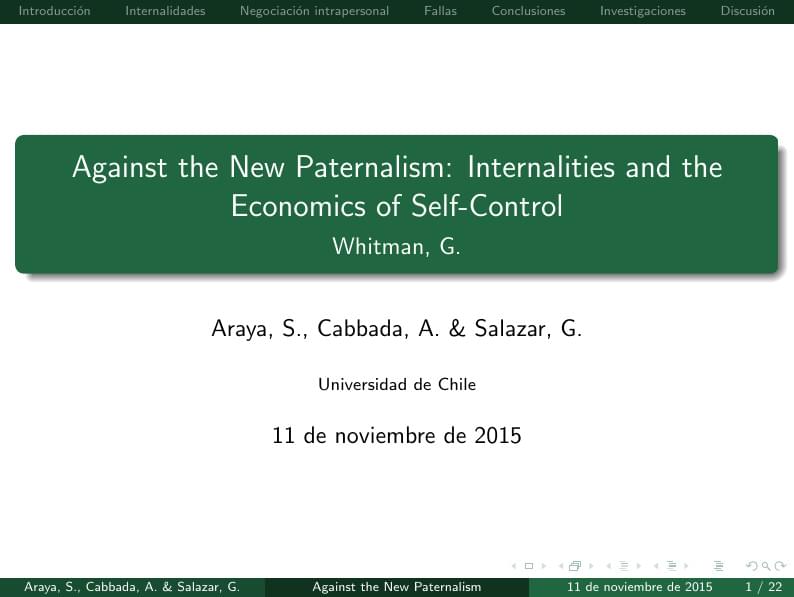
Presentación basada en artículo de Glen Whitman (2006).
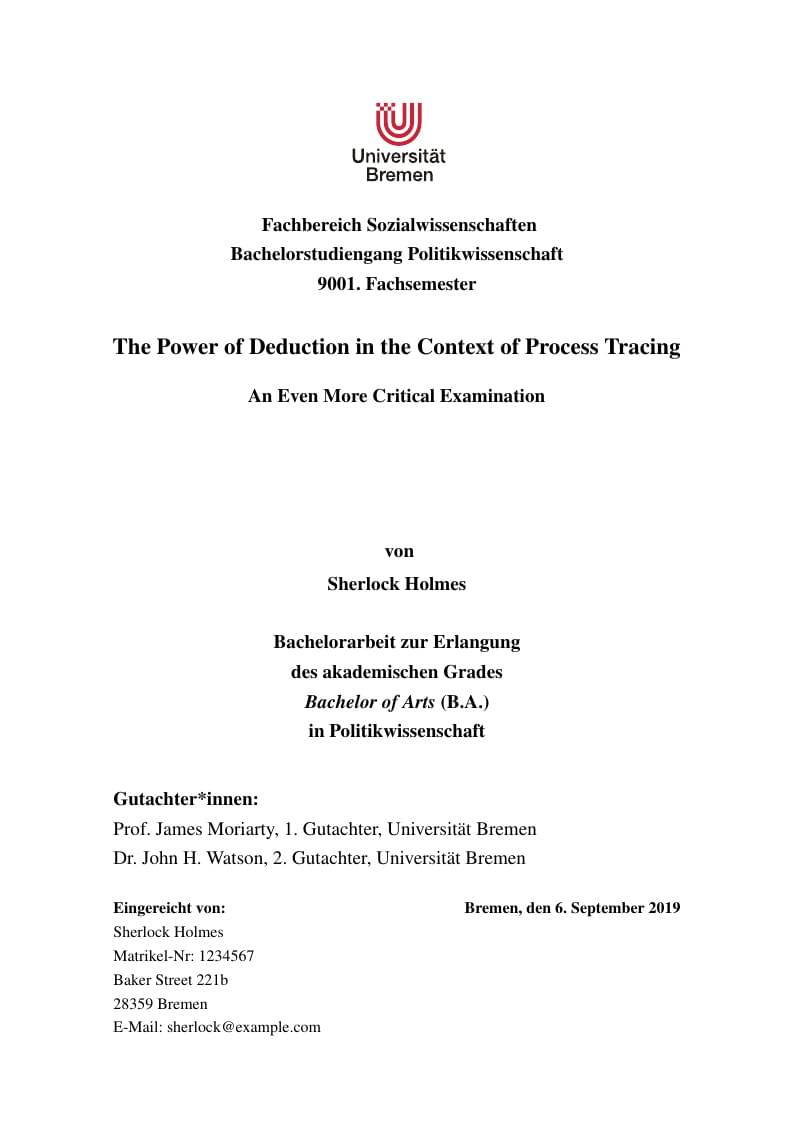
This template is based on the "Study Guide" (Kompendium) provided by the Institute of Political Science at the University of Bremen

Esteban Olmos's CV. Created with the FriggeriCV template.
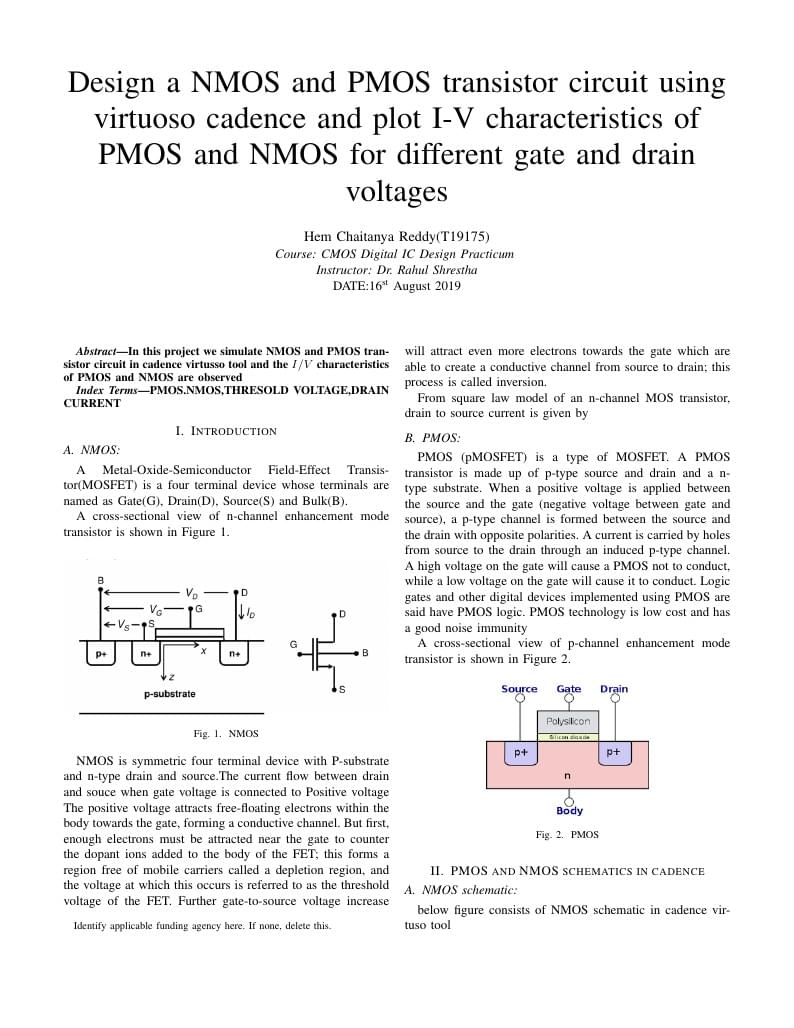
In this project we simulate NMOS and PMOS transistor circuit in cadence virtusso tool and the I/V characteristics of PMOS and NMOS are observed
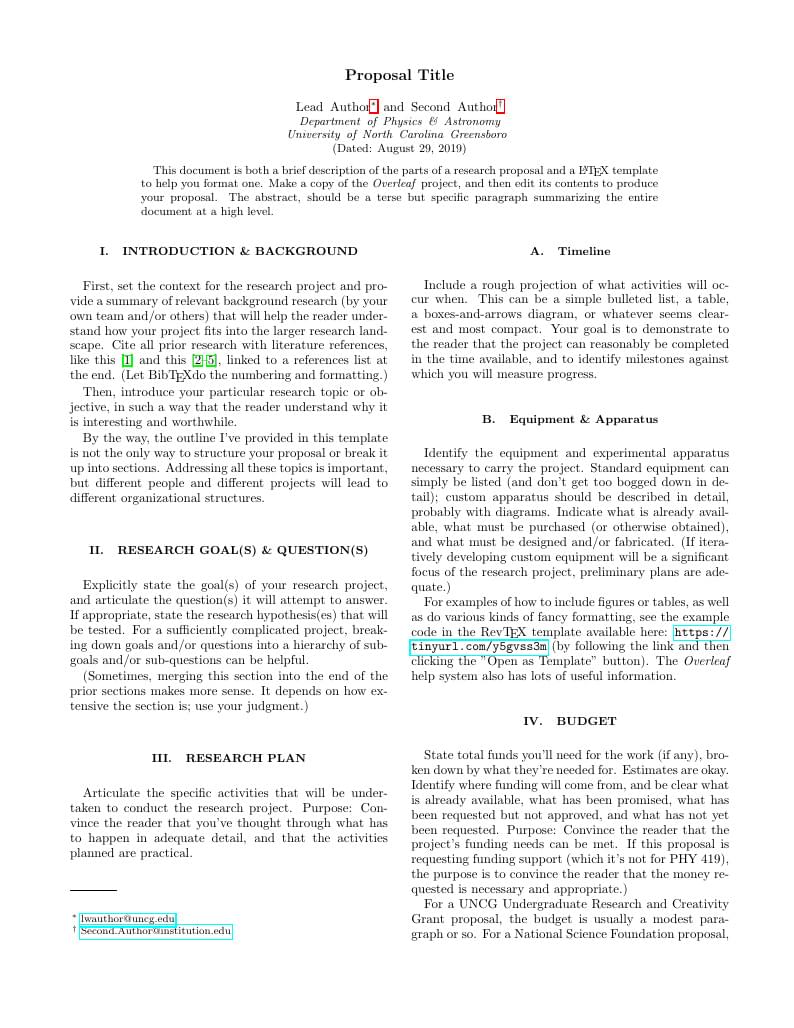
A LaTeX template project that students in UNCG's PHY 419 (Fall 2019) course can use to create their research proposal.
\begin
Discover why over 25 million people worldwide trust Overleaf with their work.